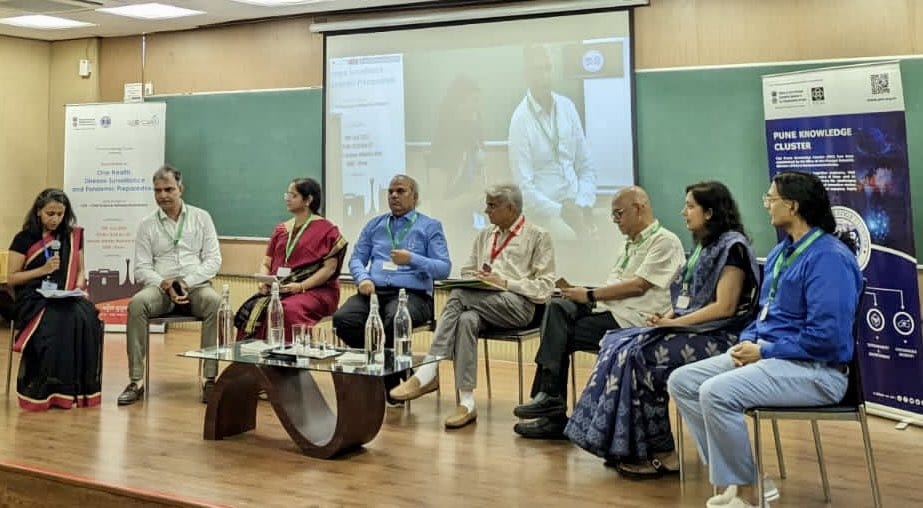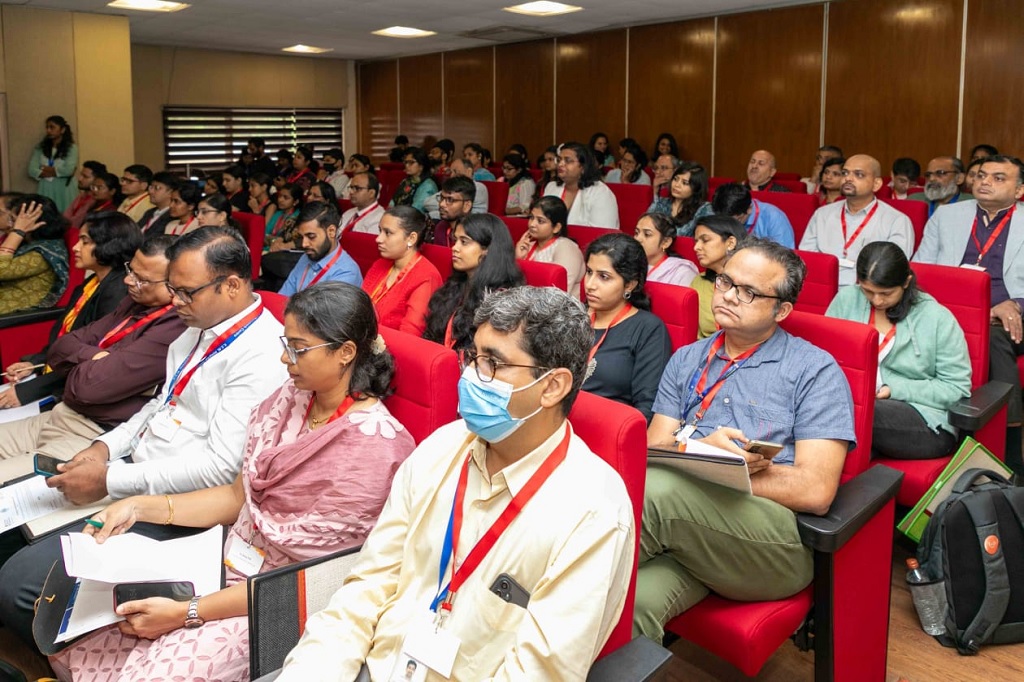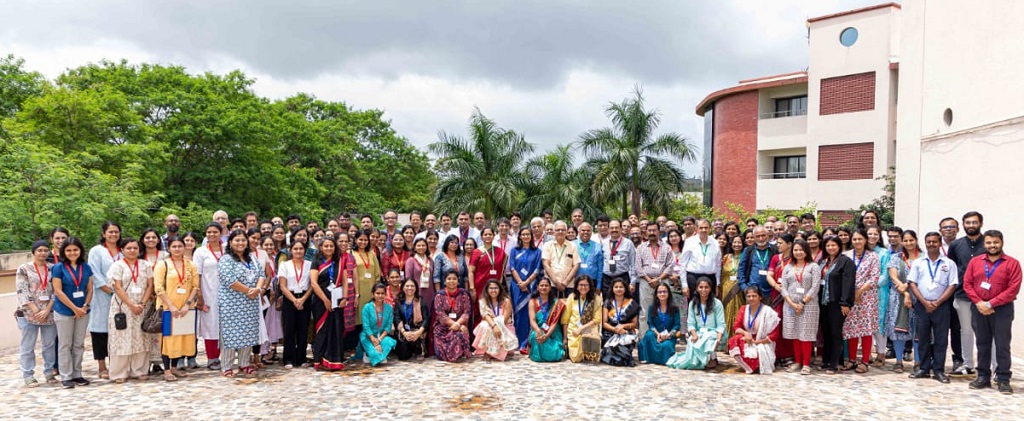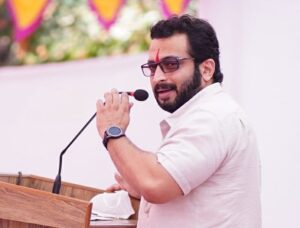Pune Knowledge Cluster Plays Host to G20-CSAR Side Event on Pandemic Preparedness

Pune, 11th July 2023: Under India’s G20 Presidency, the G20 Chief Science Advisers Roundtable (G20-CSAR) held its first meeting in Ramnagar, Uttarakhand in March 2023. Led by the Office of the Principal Scientific Adviser (O/o PSA) to the Government of India, the roundtable focused on addressing transboundary Science and Technology (S&T) issues of mutual interest.
During the meeting, intense discussions were conducted under four main themes: Opportunities in One Health for better disease control and pandemic preparedness, Synergizing Global Efforts to Expand Access to Scholarly Scientific Knowledge, Diversity, Equity, Inclusion, and Accessibility in Science & Technology (S&T), and An Institutional Mechanism for Inclusive, Continuous, and Action-Oriented Global S&T Policy Dialogue.
As a run-up to the second G20-CSAR meeting, Science & Technology (S&T) Clusters are organizing a series of high-profile side events around various themes across the country. Insights emerging from these side events will be documented in the form of a report and shared with relevant stakeholders to enable effective discussions during the G20-CSAR meeting.
The Pune Knowledge Cluster (PKC) is an S&T cluster established by the O/o PSA and works as an enabler to bring industries, R&D, academia and local governments together to work for the betterment of the Pune region and beyond. Today, PKC hosted a G20-CSAR side event in Pune. The theme of the event was “One Health, Disease Surveillance and Pandemic Preparedness.”

Key discussions revolved around the development of a pandemic preparedness plan to ensure flexible, adaptive, and timely responses to future pandemics. Additionally, integrated disease surveillance mechanisms for humans, livestock, and wildlife were emphasized.
Participants also discussed the importance of establishing an R&D roadmap for diseases of One Health importance and investing in analytics such as disease modeling and AI/ML tools, as well as data standards.
The roundtable participants agreed that Chief Science Advisers play a crucial role in shaping evidence-driven policy choices. They emphasized the importance of collaboration and international dialogue to address transboundary issues and ensure the benefits of science and technology reach all.
The next G20-CSAR roundtable is scheduled to take place in August in Gujarat. As a lead-up to this meeting, Science & Technology (S&T) Clusters established by the Office of PSA have organized a series of high-profile side events across the country, with today’s event being one of them. The insights gained from these side events will be compiled into a report and shared with relevant stakeholders to facilitate effective discussions during the upcoming G20-CSAR meeting.
The S&T clusters serve as vital linkages between academic institutions, national and state research laboratories, and other stakeholders including ministries, industry partners, startups, MSMEs, state governments, philanthropic foundations, and international organizations. Over the years, these clusters have played a critical role in promoting collaborative R&D and decision-making in various areas of Science and Technology.

Speaking on the occasion, Prof. L.S. Shashidhara, Co-Founder-Director of the Pune Knowledge Cluster (PKC) and Director of TIFR-NCBS Bangalore, highlighted the importance of early warning systems aligned with national and international efforts for effective epidemic or pandemic preparedness. PKC has been instrumental in facilitating the establishment and operation of a consortium in the Pune region for disease surveillance and pandemic preparedness, employing a One Health approach.
Dr. Shekhar Mande, Distinguished Professor at the Centre for Bioinformatics, SPPU, and Former Director-General of CSIR, expressed his appreciation for the half-day event organized by PKC, supported by PSA, focusing on One Health, disease surveillance, and pandemic preparedness. The event witnessed participation from major scientific institutions in Pune, resulting in the formulation of an action plan to guide future pandemic preparedness efforts in the city.
During the event, prominent speakers, including Dr. Soumya Swaminathan, Chairwoman of MSSRF and Former Chief Scientist of WHO, and Dr. Sheela Godbole, Director of ICMR-NARI, Pune, emphasized the importance of collaborative, multi-component, multi-disciplinary, and multi-sectorial surveillance systems to address gaps in disease surveillance.
The G20-CSAR continues to provide a platform for international collaboration and knowledge sharing in the field of Science and Technology, fostering innovation, and enabling effective responses to global challenges.





